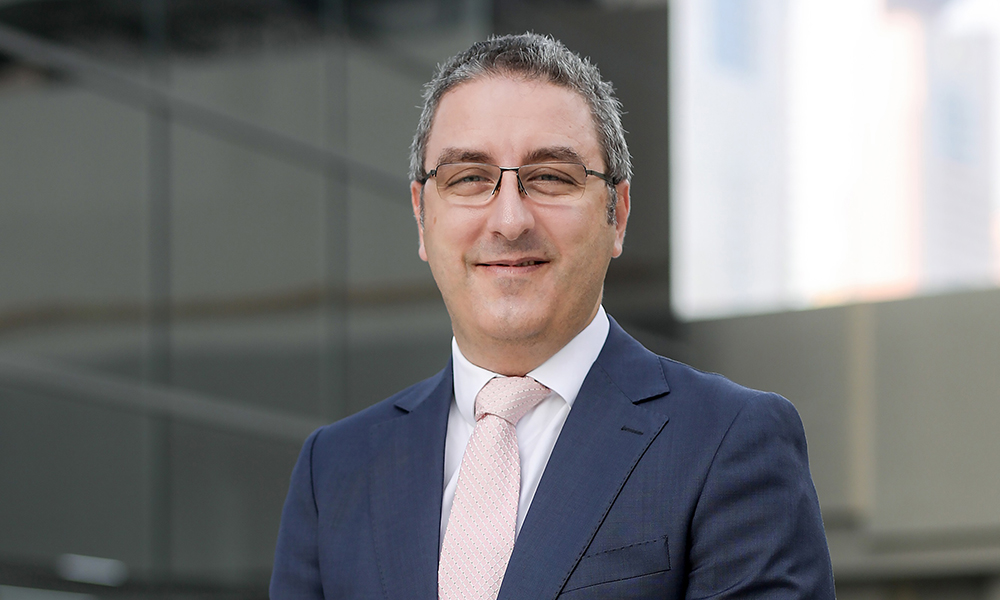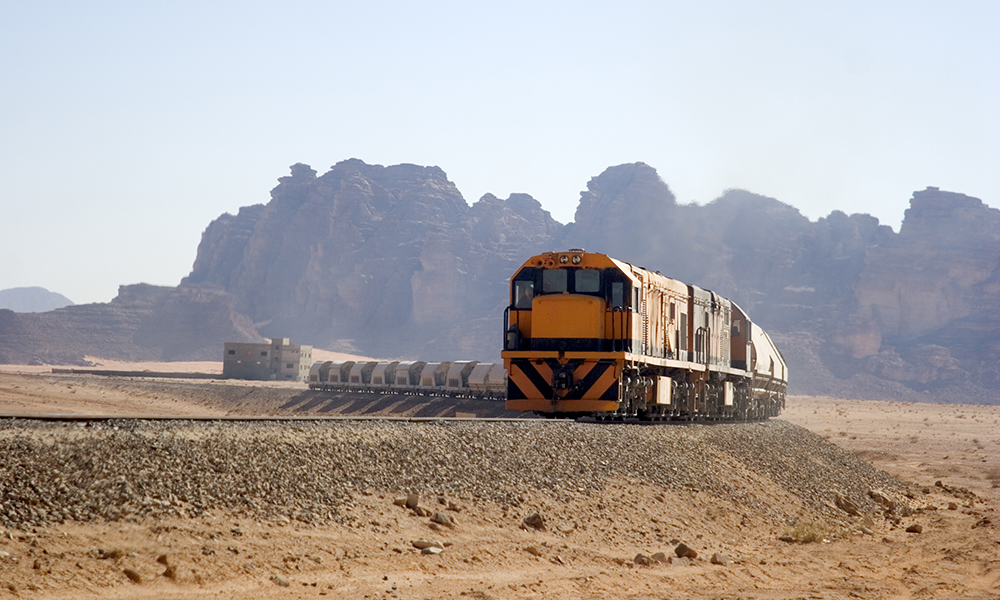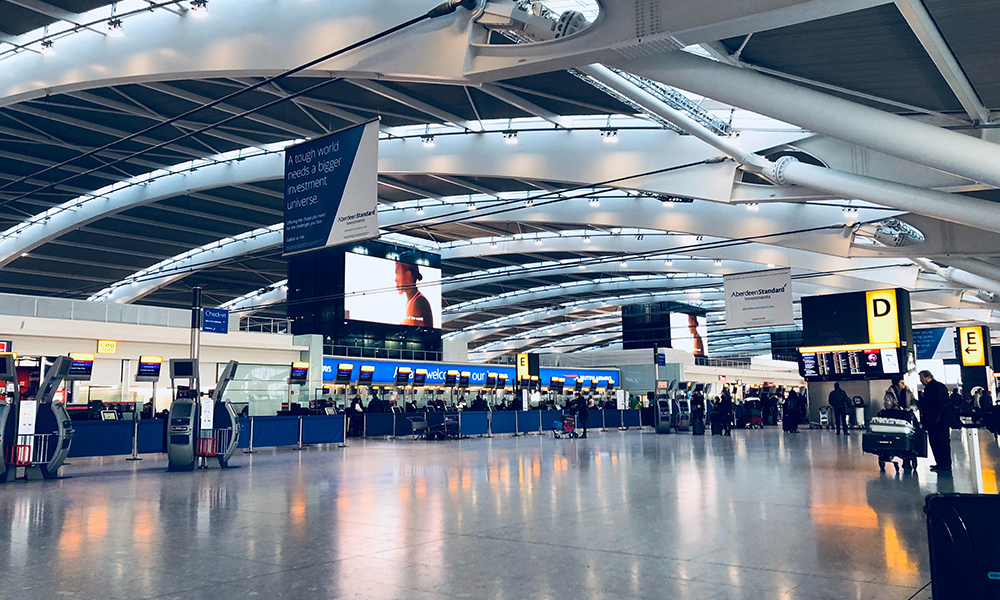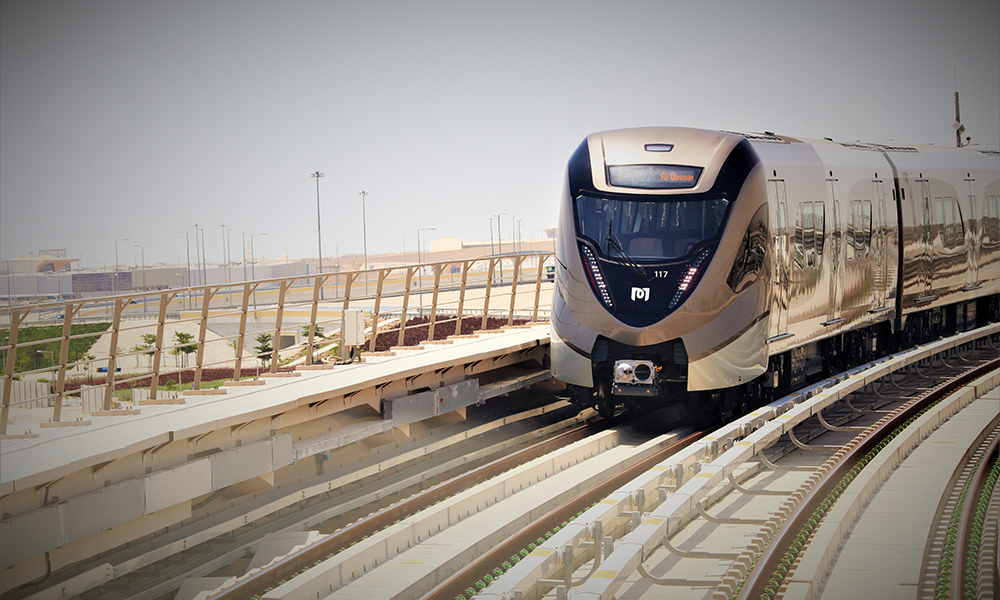The intricacies of delivering successful projects
TBH’s Chris Nicolas weighs in on seeing regional project through to successful, on-time and on-cost completion

TBH is a specialist planning and management consultancy that offers a number of services including planning & scheduling, project controls, claims and dispute resolution, project management, P3M, PMO and program management, risk management, cost management, and strategic advisory services. The firm has been in business for over 55 years and now has clients in the public and private domains in Oceania, Asia, the Middle East, and North Africa. Here, Jason Saundalkar talks to Christopher Nicolas, director at TBH about the firm’s regional business, regional trends and aspirations.
Share a snapshot of your business in 2020 and 2021. Which sectors and markets do you anticipate will be key to your business in 2022, and how do you plan to tackle the year?
2020 and 2021 were very busy and exciting years for TBH. After concluding our very successful and productive 12-year alliance with Faithful + Gould in late 2019, TBH launched its own independent office in Dubai, UAE to service the GCC and the Middle East in early 2020. We have also just recently opened our office in Riyadh, Saudi Arabia to enable us to provide an even greater level of support to existing and future clients in the Kingdom.
Transportation infrastructure will continue to be a key sector for us across the region, particularly rail. Etihad Rail in the UAE will expand to include passenger train services running across the country, and this will hopefully promote the revival of a GCC-wide network.
Large and complex mixed-use programmes of work, particularly giga projects in KSA, will continue to be key to our business in 2022 and beyond. These programmes require expertise across all project lifecycle phases. With experience across all major sectors, we are well placed to support our clients to successfully deliver such large programmes of work.
We hope to tackle 2022 with the same energy and passion as we continue to grow our presence in the region to support our clients in solving their most complex problems.

How did the outbreak of COVID-19 impact your business and how did you mitigate these challenges from an office standpoint, as well as with working on projects?
The outset of COVID-19 was particularly challenging, given that we were establishing our own independent office in early 2020. However, we were able to quickly adapt with the wonderful support of our IT team and shifted to working from home swiftly and seamlessly. The flexibility and proactiveness of our clients across the region to shift to virtual interaction where possible, made the transition much easier.
What are some of the prevailing construction/projects trends you see in the market and how do you think these will develop in 2022?
A very exciting evolution which is of relevance to the delivery of our services, is the growth of artificial intelligence, through data-derived forecasting of likely project durations. This involves the collection of built data of thousands of past projects, to create models that forecast the outcomes of future projects. Such data is vital in identifying key problems areas that impact projects. It is a remarkable change in the way project durations are established, and will no doubt become the norm in the future.
I very much hope to see modularisation and prefabrication continue to grow and start to become the norm in 2022 and beyond. There are so many repetitive tasks undertaken on project sites that can be addressed with modularisation or prefabrication, yet the industry continues to adopt traditional construction methodologies. Done properly, modularisation and prefabrication helps save time, improves quality, reduce the volume of construction wastage, and provides costs savings.
What are three of the main reasons projects get delayed or go over budget in the region? How can these challenges be addressed particularly when it comes to large and/or complex projects?
There are numerous reasons why projects are delayed or go over budget across the region, but the three prevailing causes we see time and time again are incomplete design, ongoing scope changes, and late decision making including the late provision of information, delayed commercial appointments, and prolonged review and approval periods.

Whilst every project is different, there is significant importance in timely planning and action. This may include detailed reviews of the proposed construction methodology, constructability, and timelines to establish realistic project durations at project initiation, as well recovery and mitigation strategies to assist in getting delayed projects back on track. It is this due diligence that can help set up projects for success.
What steps can project stakeholders take to avoid disputes/disruptions? What role can technology play in reducing project risks?
Employing the following measures can help project stakeholders take to avoid or mitigate disputes and disruptions:
- Setting a realistic project timeline from the start – Starting a project under undue time pressure, will inevitably see the project suffer the long-term consequences as a result of poor planning. A realistic timeline for a construction project should be driven by the scope and needs of the project
- Regular monitoring and reviews – Ensuring that a close eye is kept on the progress of the construction timeline is vital. From commencement, the project needs to be monitored through regular reporting of progress
- Compliance of the parties’ contractual obligations – It is of course important from the beginning to ensure that each party is committed to complying with its contractual obligations in a timely manner, as set out in the contract. The client, engineer, contractor and other project stakeholders can unduly critically delay progress due to a number of factors including the late provision of information, delayed appointments, and prolonged review and approval periods
- Timely resolution of disputes – The early adoption of a proactive approach to achieving commercial resolution to contractual matters eases the pressure of protracted disputes amongst the project participants. Instilling a culture of pre-emptive claims avoidance from the outset through contract drafting and the establishment of mechanisms in the contract promotes the timely resolution of major disputes, easing the risk of protracted and costly litigation

Many projects are fast tracked in the region – what are some of the challenges that arise from this and how can these issues be dealt with or avoided?
The challenges are very much the same as those that cause projects to be delayed or go over budget. Fast tracked projects, in most instances, must progress with an incomplete design which invariably causes scope changes, and both contribute to prolonged review and approval periods. However, clients across the region want to see progress, and proceed without adequately addressing these challenges from the outset.
Identifying and understanding key projects risks, their likelihood, and their impact, allows all project stakeholders to address the challenges of fast-tracked projects from project commencement. Again, the key theme is timely planning and action.
Supply chain issues have been plaguing industries since the initial outbreak of COVID-19. What’s your take on this from a construction industry standpoint, and how will this develop in 2022? What can be done to mitigate these challenges apart from sourcing materials locally?
Since the outbreak of COVID-19, the construction industry has faced material cost inflation, supply chain disruptions and increased international freight charges. This has not only impacted the supply of completed construction materials and products, but also raw materials. All have significantly impacted projects that were already in progress, particularly those that had recently started. This has in many instances negatively impacted project budgets and timelines, and we have seen this lead to contractual dispute for many of our clients.
As we move to increased vaccination globally in 2022, it is hoped that there will be an increase in the supply of materials as industries return to normal, a reduction in supply chain disruption, and normalisation of shipping and freight charges. Such changes should hopefully ease the time and cost impact of COVID-19.

A comprehensive analysis of a project timeline and the associated supply chain time and costs risks is vital in again establishing key projects risks, their likelihood, and their impact. Project stakeholders can identify which risks may or may not critically delay the completion of a project in advance, which allows for timely planning and action. This may include a detailed review of the proposed construction methodology and constructability, which is cognisant of supply chain issues, allowing for project stakeholders to modify their approach in order to minimise or avoid such impacts.
Given the scale of some of the recently announced mega projects, what’s your view on available human resources to enable clients to realise their aspirations? Where do you see challenges when it comes to these mega projects?
Resourcing large projects swiftly is always a challenge in any part of the world. However, the region is witnessing a massive transformation. I am firmly of the opinion that these projects will continue to draw the best talent to the region from around the world. The sheer scale of the projects will no doubt attract a new wave of expats, but also provide enormous opportunities to GCC citizens with governments increasingly partnering with the private sector to diversify the economy and create jobs.
The biggest challenge is timing. Having the right team deliver a project is no doubt vital to its success. So many mega projects are being delivered within similar timelines, meaning that they are all vying for the best talent at the same time. This may prompt broader phasing of mega projects to address such challenges.
What is the one issue that the industry should come together around as a whole in a bid to change it for the better?
For me, it is safety. There is so much more that can be done as an industry to ensure project sites are safer. This requires a concerted effort by all project stakeholders, not only the contractor. Notwithstanding, I have seen a vast improvement in healthy and safety on project sites in the region over the past 15 years. Let’s hope that this continues into the future.
The interview originally appeared in the February 2022 issue of Middle East Consultant.
Read more:
- Front End Digital Twins: Shifting the paradigm for project engineering and cost estimation practices
- Omnium expands main board with the addition of Fernando Freitas
- PMKConsult inks deal to extend service offering across Africa






















